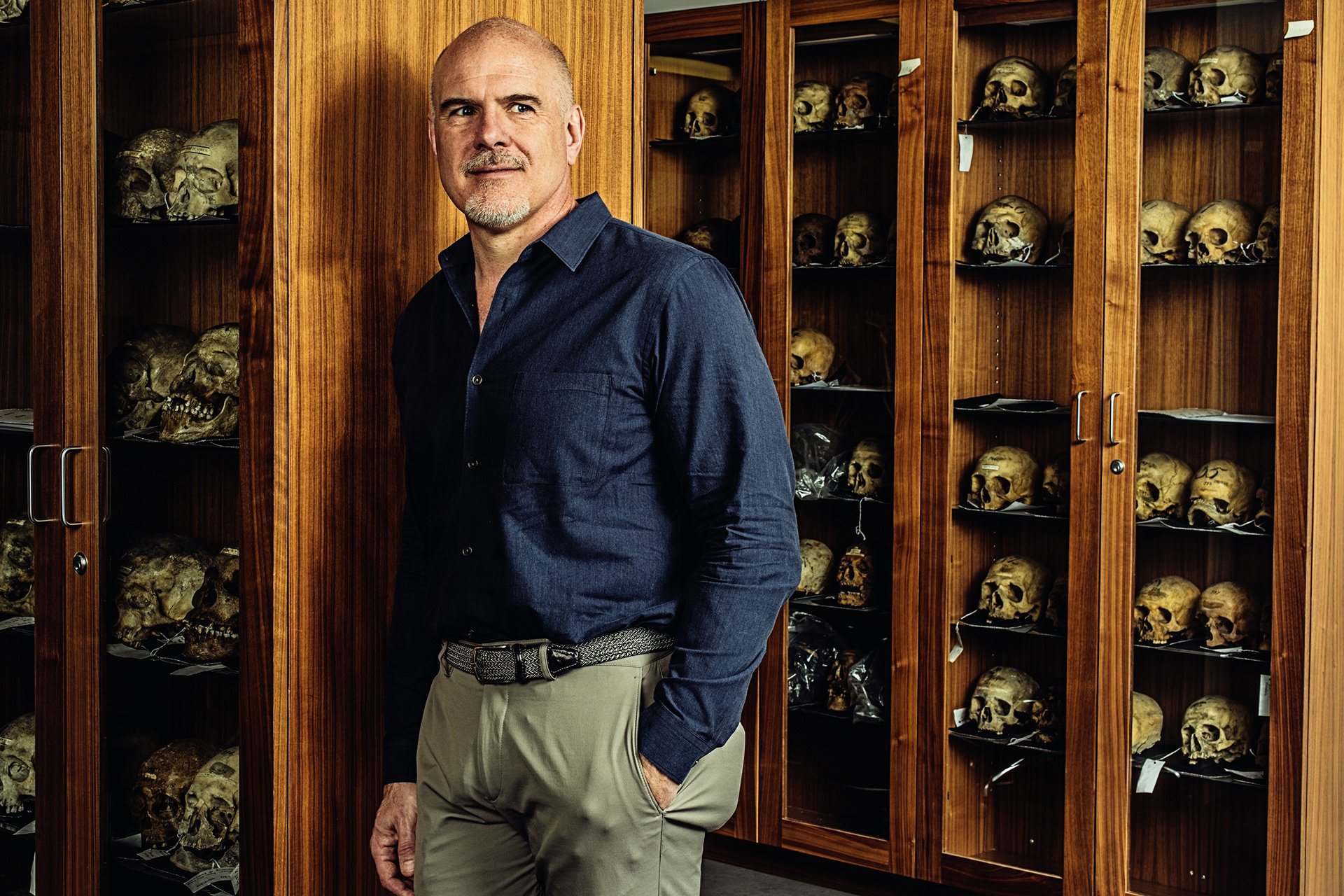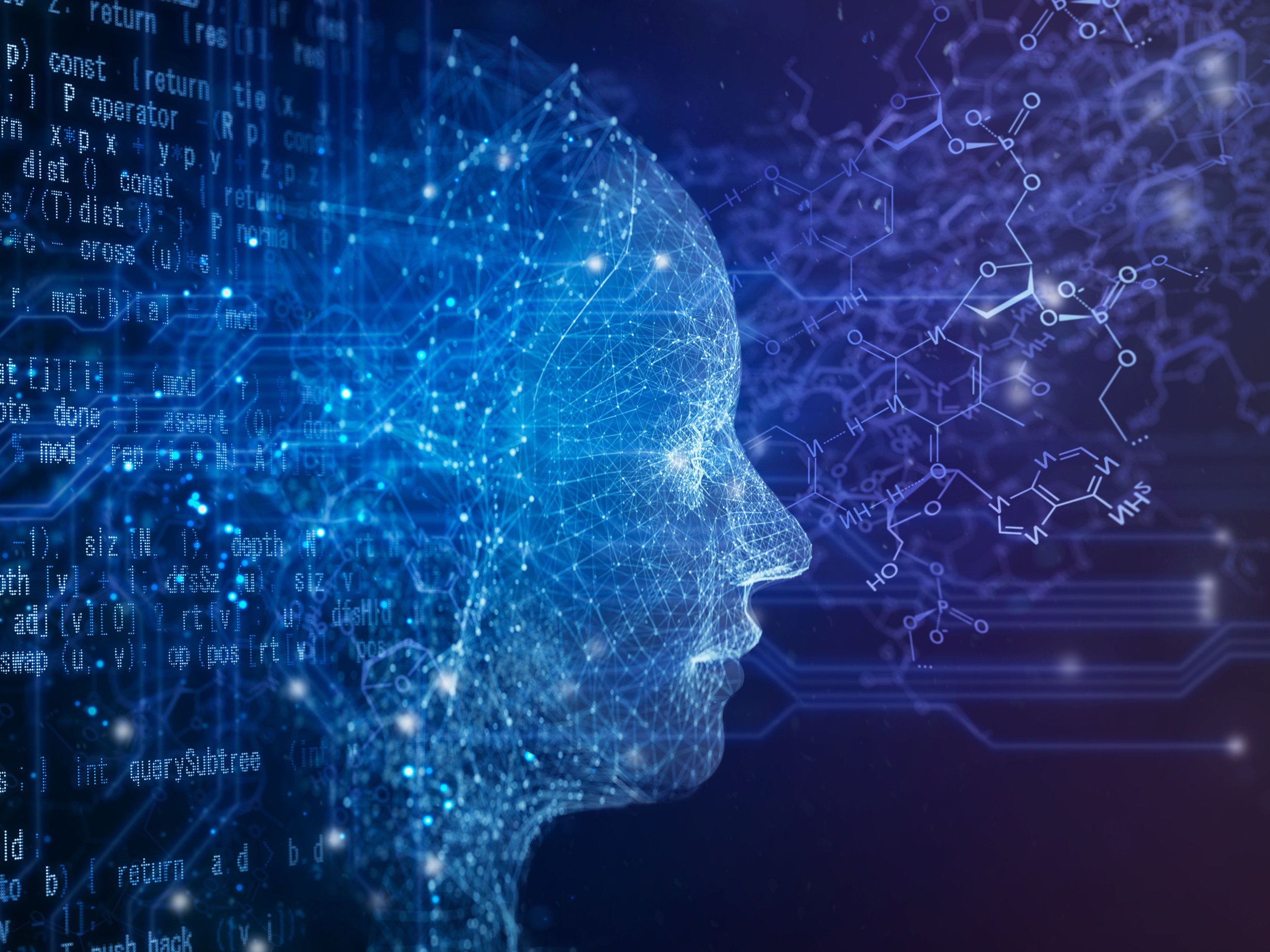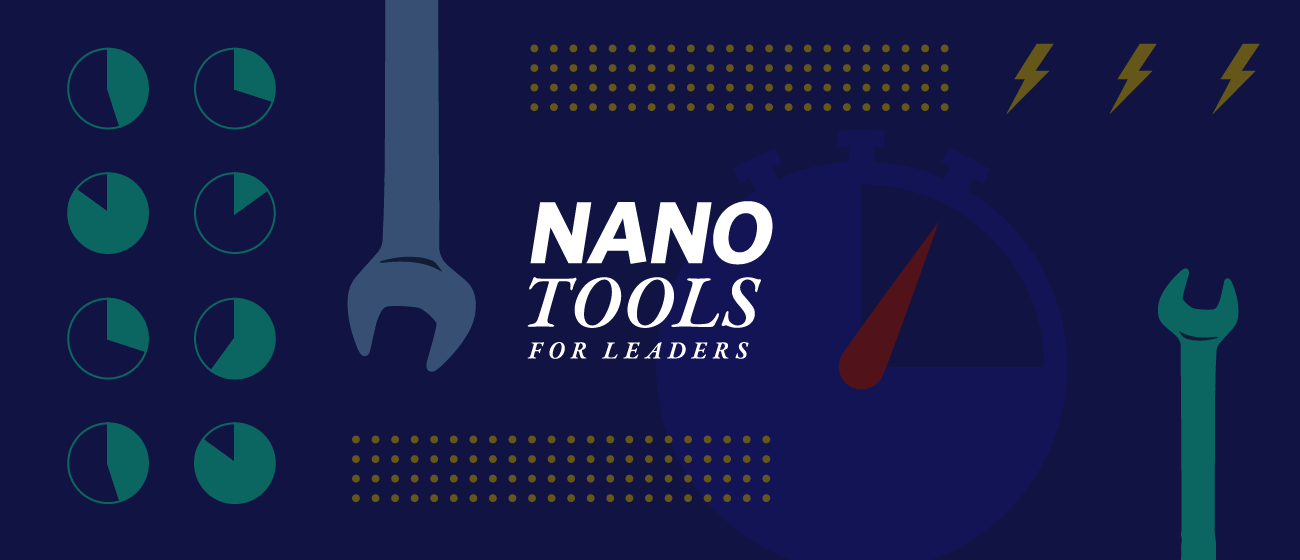
Online Courses

Wharton Executive Education
Understanding the Brain: Using Neuroscience to Deliver Better Business Results
Overview
Examining the brain enables us to tap into human thought and behavior. On an individual level, the brain is tied to our happiness, interpersonal relationships, and productivity. On an organizational level, it impacts communication, team building, decision making, and our ability to gauge customer preferences and actions.
Neuroscience — the traditional study of the human brain and neurological systems, which regulate emotions and key decision-making processes — is empowering people to reach their full potential. It is helping leaders and businesses achieve more informed decisions, forge deeper social connection between teams, and predict customer needs and behaviors with increased precision.
Key Takeaways
Wharton's Understanding the Brain: Using Neuroscience to Deliver Better Business Results program offers you a pathway to understanding the brain and its functions through the study of neuroscience, a discipline that is integral to cultivating organizational success, leadership abilities, and personal growth.
Understand the basic anatomy and physiology of the brain and master techniques for leveraging cognitive insights
Leverage facets of the social brain to increase social capital, establish culture, and manage organizational change
Synthesize implications for business decisions using concepts such as normalization, the basis of choice overload and decoy effects, and evidence accumulation
Learn how to use neuroscience tools and insights to improve marketing efficiency and effectiveness
Examine the brain processes underlying exploration to enhance individual creativity and boost organizational innovation
Who Is This Program For?
Covering a wide variety of applications in neuroscience, this program helps anyone who wants to improve social connections, team effectiveness, make less emotion-driven decisions, and unlock the creative powers of the brain to achieve better, more creative innovation and results.
Industry Examples
Research and discuss real-world applications of neuroscience to deepen your understanding of what drives creativity, leadership, and team building.

SIGN UP FOR
The Neuroscience of Business: Innovations in Leadership and Strategic Decisions
Learn about the intersection between business and neuroscience to make better business decisions.
As technological advances reshape business in nearly every industry, many companies are still basing important decisions on questionnaires, focus groups, card swipes, and GPS tracking. But there are new, more accurate sources of information. Recent breakthroughs in neuroscience are helping us understand more about what holds people's attention and what motivates them. The real and potential business applications are astounding.
Grounded in the latest research of the Wharton Neuroscience Initiative and based on Wharton’s Introduction to Brain Science for Business MBA course, this program presents a unique opportunity to learn directly from the scientists who are making new discoveries.
The Neuroscience of Business: Innovations in Leadership and Strategic Decisions will show you how the brain works and how to apply neuroscience principles in your organization to shape and improve management, team-building, and innovation.

Nano Tools for Leaders® are fast, effective leadership tools that you can learn and start using in less than 15 minutes — with the potential to significantly impact your success as a leader and the engagement and productivity of the people you lead.
Nano Tools Articles by Michael Platt:
Better Communication through Neuroscience:
Contributor: Michael Platt, Director, the Wharton Neuroscience Initiative; James S. Riepe University Professor, Marketing Department, the Wharton School; Department of Neuroscience, Perelman School of Medicine; Department of Psychology, School of Arts and Sciences; the University of Pennsylvania
The Goal: Make sure your message gets across by fine-tuning your communications.
Increase Your Relationship IQ with Neuroscience:
Contributor: Michael Platt, PhD, Director, Wharton Neuroscience Initiative; James S. Riepe University Professor of Marketing, Neuroscience, and Psychology, The Wharton School, University of Pennsylvania.
The Goal: Apply findings from the latest neuroscience research to improve your personal and work relationships.
Innovative Thinking: Using Neuroscience to Get Out-of-the-Box Ideas:
Contributor: Michael Platt, PhD, Director, Wharton Neuroscience Initiative; James S. Riepe University Professor of Marketing (Wharton School), Neuroscience (Perelman School of Medicine), and Psychology (School of Arts & Sciences), University of Pennsylvania
The Goal: Use the latest neuroscience research to increase innovative thinking and breakthrough ideas from your team.
Using Neuroscience to Create High-Performing Teams
The Goal: Encourage and attain team chemistry through neuroscience.
Innovative Thinking: Using Neuroscience to Get Out-of-the-Box Ideas:
Contributor: Michael Platt, Director, the Wharton Neuroscience Initiative; James S. Riepe University Professor, Marketing Department, the Wharton School; Professor of Neuroscience, Perelman School of Medicine; Professor of Psychology, School of Arts and Sciences, the University of Pennsylvania and Leslie Zane, Founder & President, Triggers Growth Strategy
The Goal: Ditch the individual brand experience and tap your brand’s growth potential by using new insights from neuroscience.

Classes at the University of Pennsylvania
PSYC 3100
Being Human: The Biology Of Human Behavior, Cognition, And Culture
Course Overview
This course will examine the biological basis of human behavior and culture as an emergent product of the brain and its interactions with the physical and social environment. As we explore this topic, we will emphasize human brain function at the level of neural systems and the neural networks they supply, how these systems may have evolved, how they change depending on experience, and what variation in these circuits as occurs in neuropsychiatric and neurodevelopment disorders reveals about human thought and behavior. We will focus on key features of human nature, including language, mathematics, creativity and innovation, empathy, strategic thinking, cooperation, deception, economic behavior, art, and technology, amongst others. We will also consider the limits, if any, of human nature and experience in light of the constraints of biology and their relaxation by technology.
MKTG 7370
Introduction to Brain Science for Business
Course Overview
Can brain science help business? At first blush, this might seem like a bridge too far. After all, the efficiencies of the market virtually guarantee accurate asset pricing, marketing research and focus groups can test the efficacy of advertising, effective leadership can stimulate innovation and productivity, and sophisticated analytics can leverage big data to improve organizational structure to maximize return on investment. A deeper look, however, provokes the idea that brain science has enormous potential to inform business. We now know the basic architecture of the decision process in the human brain, from identification of choice options, to the calculation of their utility, to selecting one for consumption, and learning from this experience. We are also beginning to understand how fundamental economic principles like risk, ambiguity, and volatility shape these processes, and why these factors seem to influence different people in different ways and in different choice contexts. Importantly, neuroscience provides a powerful tool for understanding the private reasons, such as emotional responses or the influence of others, people make the choices they do—reasons they themselves may not be aware of or even understand. Brain science offers the potential to unlock the mechanisms underlying what many people consider to be the keys to the future of business, including creativity and innovation, empathy and connecting with others, social awareness and the common good, leadership, how people use information to guide decision making, learning, and stress management. New developments, including biometrics, implantable and wearable brain interfaces, genomics, proteomics, metabolomics, and the human microbiome, offer the opportunity for enhanced precision not only in marketing and finance, but also in talent identification,
individual and team performance, and the development of human potential.










